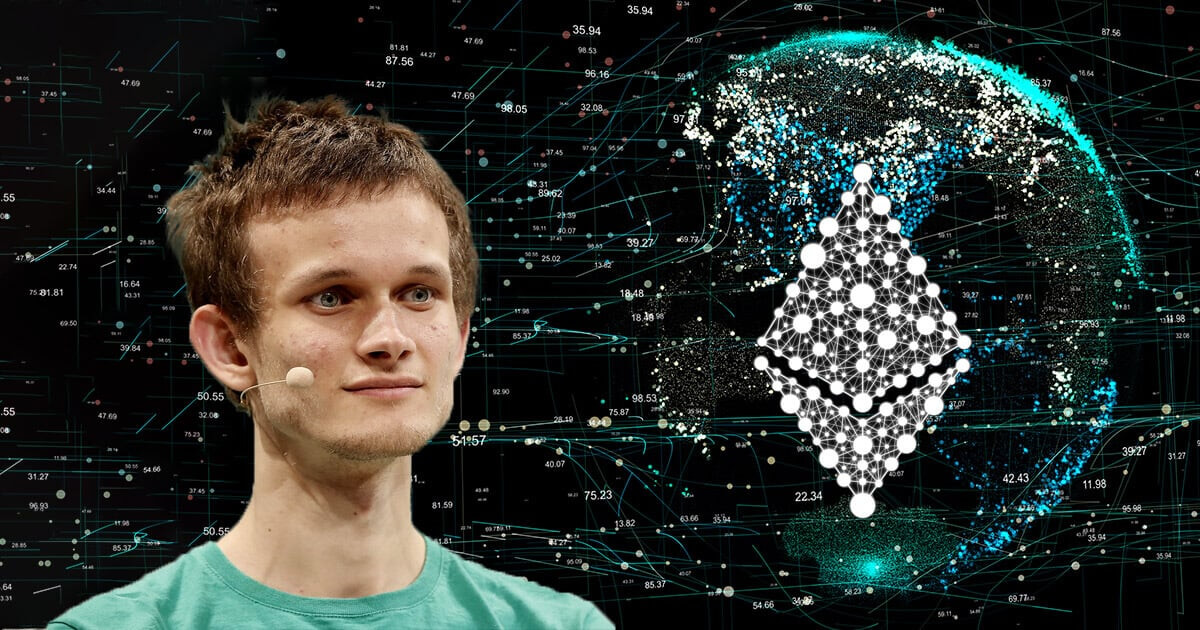Exploring GKR: A Crucial Component in Accelerating Cryptographic Proofs
Lawrence Jengar Oct 20, 2025 14:14
Gain insights into the GKR protocol, a key driver behind ultra-fast cryptographic proofs, and understand its application in proving Poseidon hashes and other computations.

The cryptographic landscape is witnessing a surge in efficiency, particularly with the advent of ultra-fast ZK-provers, according to Vitalik.eth.limo. These advancements are made possible by protocols like GKR (Goldwasser-Kalai-Rothblum), which underpin many high-speed proving systems.
Understanding GKR
GKR stands out for its efficiency by focusing on succinctness, not privacy. It avoids the necessity of making commitments to intermediate layers, requiring commitments only at the input and output stages. This efficiency is particularly beneficial in scenarios involving large-scale data processing through low-degree layers, such as hashing operations and neural network computations.
The Role of Sumchecks
Sumchecks are integral to GKR, enabling the conversion of complex multivariate polynomial evaluations into simpler, provable claims. This process involves evaluating a polynomial at random coordinates, reducing the proving burden by focusing on a singular random point rather than the entire dataset. This method is crucial for maintaining the efficiency of GKR without compromising on the integrity of the proof.
GKR in Action: Proving Poseidon Hashes
Poseidon hashes, known for their simplicity and efficiency, serve as an excellent demonstration of GKR's capabilities. The protocol processes these hashes through iterative rounds, each involving matrix multiplications and element-wise operations. By working backward from the final output, GKR efficiently verifies the entire computation chain, from input to output, without intermediate commitments.
Optimizations and Real-World Applications
GKR's design allows for various optimizations, such as reducing the number of sums computed per round and employing Gruen's trick for more efficient polynomial evaluations. These enhancements significantly lower the computational overhead, making GKR a viable option for real-world cryptographic applications.
In practice, GKR's application extends beyond hashing. It is suitable for any computation that can be broken down into batched layers, each representable as a low-degree polynomial. This adaptability makes GKR a valuable tool in fields like AI and machine learning, where efficient proof systems are essential.
For further details on GKR and its implementations, visit the [Vitalik.eth.limo](https://vitalik.eth.limo/general/2025/10/19/gkr.html).
Image source: Shutterstock.jpg)